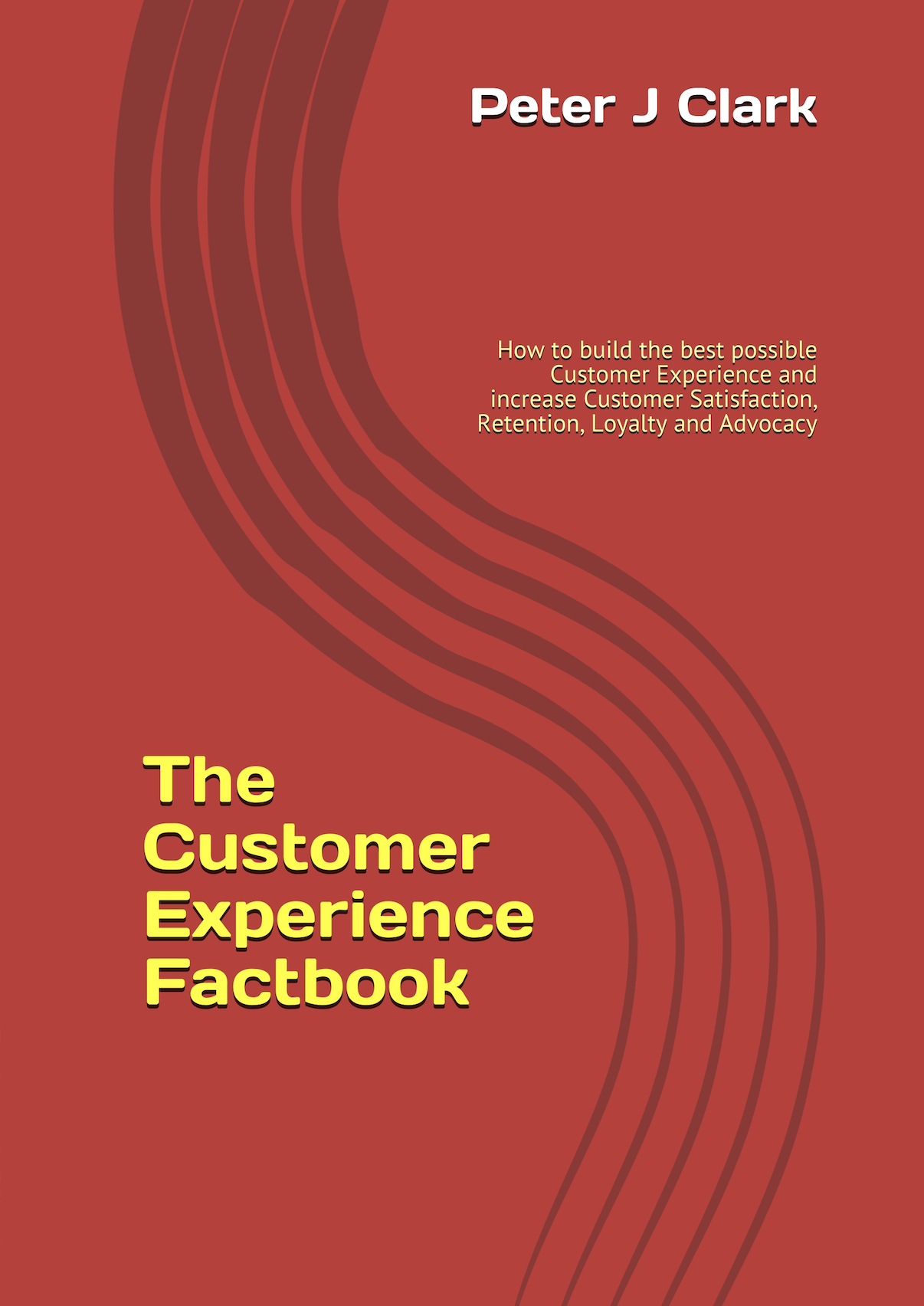Consumers more accepting of mobile channel
Consumers making purchases via mobile devices have increased from 40% to 59% since 2012, while the use of laptops for online purchases - although still most popular by far - fell by 6percentage points during the same period, according to the '2013 Consumer Retail Survey' from Stibo Systems.
Today's sophisticated consumer is much more accepting now than ever before of the mobile shopping channel, which means that a detailed and consistent approach to mobile in retailers' multi-channel and data management strategies is essential to business growth.
The survey's findings point to growing consumer expectations and acceptance of mobile as a means of browsing and purchasing goods online, highlighting the importance of embracing the mobile channel as a key part of retailers' strategies in order to meet this increasing customer demand.
Following the recent influx of Apple iPads, Google Nexus 7s and Amazon Fires into the market, one in five respondents said that they had used a tablet to shop online, up from only 5% in 2012 and 2% in 2011. Interestingly, and perhaps because of the growing popularity of tablets, the use of smartphones has dropped slightly and the use of laptops, while still the most popular method, has fallen by 6 points since 2012, and a further 7 points since 2011.
On the whole, retailers appear to have acknowledged consumer attitudes to shopping on their mobile devices, as a third of respondents rated their mobile commerce experience as either excellent (10%) or good (21%), up from a 25% in 2012. However, mobile devices themselves still present barriers to successful online retail, with almost a half (48%) of consumers complaining that the screen was too small to satisfactorily read product information, and a similar number (46%) lacking trust in the security of their device.
Legibility aside, in terms of content, three quarters of respondents described it as being very important to be able to access product information online - details of size and colour, for example. This was up 8 points from 67% in 2012, suggesting that consumers are becoming more sophisticated and selective in their online shopping habits. This is further illustrated by a rise in the number of consumers (17%) who were put off from making a purchase due to a lack of available product information.
The use of a mobile device as a means of reviewing a product prior to purchase has continued to rise, with almost half (46%) of respondents - twice as many as last year - saying they always or regularly use it for this purpose.
The rapidly growing adoption of mobile as a touch point in all stages of the purchase funnel, coupled with increasingly sophisticated consumer use and expectations, demonstrates the need for retailers to fully commit to mobile as a significant portion of their multichannel offering. As the survey highlighted the importance of full and relevant product information during the reviewing and purchasing processes, retailers should consider how they manage this information so that it remains detailed and consistent across all available channels.
"Although every year is hailed as the 'year of the mobile', there is sufficient evidence in these results to demonstrate that mobile is now a legitimate channel for retailers, particularly with the recent rapid adoption of tablet devices," said Mark Thorpe, UK managing director for Stibo Systems. "In order to maximise its benefits, retailers should now pay full attention to mobile commerce, not only to ensure a satisfactory customer experience, but also to meet expectations and avoid disappointment, and the resulting lost sales that this may lead to."
Other key findings from the study included:
- The proportion of women (14% in 2013 vs 45% in 2012) who 'never' use a mobile device to review products before making a purchase has fallen much faster than men (19% in 2013 vs 36% in 2012).
- The proportion of women (61% in 2013 vs 37% in 2012) who have purchased a product using their mobile device has increased at a faster rate than men (55% in 2013 vs 43% in 2012).
- All areas of purchasing have increased since 2012 with fashion showing the biggest growth (almost half who have purchased on their mobiles bought a fashion item. Entertainment, grocery, luxury and holiday purchases have all increased by more than 5% since 2012.)
- The proportion of men (75% in 2013 vs 62% in 2012) purchasing entertainment products has increased at a faster rate than women (54% in 2013 vs 50% in 2012).
- The same can be said about fashion, where the percentage of men purchasing a fashion item has tripled (32% in 2013 vs 11% in 2012), doubling for women (60% in 2013 vs 33% n 2012).
Sources: Stibo Systems / The Marketing Factbook.
Copyright © 2013 - 2025 The Marketing Factbook.
Categorised as:
- Customer Experience
- Customer Loyalty
- Knowing The Customer
- Marketing Know-How
- Marketing Technology
